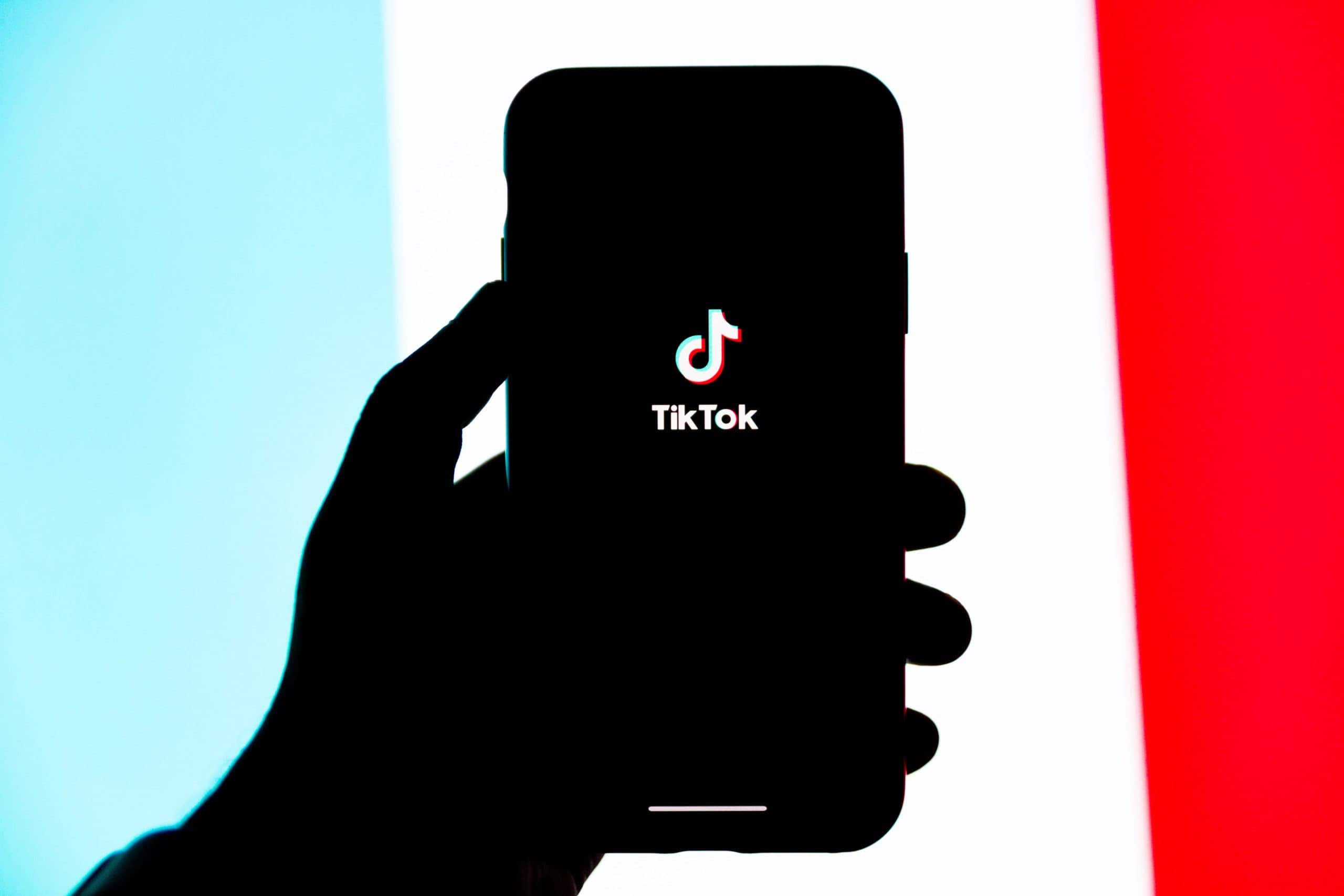The popular TikTok content creator collective, “Not a Content House,” recently received some negative publicity for failing to reveal the winners of a sweepstakes by the promised deadline. Not a Content House is the ironic name of an all-girl team that lives together in Los Angeles where they collaborate on content posted on YouTube, Instagram and TikTok. It is reported that on December 23, 2020, Not a Content House was to announce who the two lucky fans were that had won the sweepstakes and would be flown to Los Angeles to visit the all-female crew. When December 23, 2020 came and went without fans being told of the winners, people took to social media to accuse Not a Content House of running a scam. Not a Content House has since announced the contest winners and apologized for its late announcement.
This sweepstakes promotion is a case study in the role that sweepstakes compliance plays in determining whether a sweepstakes serves as the intended beneficial marketing tool that it is or a promotional blunder that causes reputational harm.
What are some of the key elements of Sweepstakes Compliance?
Sweepstakes Compliance
As social media evolves, the marketing opportunities associated with the medium evolve with it. Unfortunately, marketing regulations are not always as quick to keep up with the rapid pace of technology. In years past, where a brand would coordinate a sweepstakes promotion through a mailer, television and/or radio advertisement, today a brand can immediately launch and advertise a sweepstakes contest a tweet, post or snap. Whatever the channel, brands must focus on sweepstakes compliance matters in advance of launching their promotional campaigns. To assist in this process, here are some key elements to keep in mind when formulating a sweepstakes promotion:
- Remember that a lottery exists when people pay for the chance to win a prize. States alone reserve the right to administer lotteries. However, a business may legally sponsor a promotional game by eliminating one element of a lottery. For example, if payment is removed, the lottery becomes a legal sweepstakes, and if chance is removed, the lottery becomes a game of skill;
- Businesses may offer entry through monetary payment or the purchase of a product or service. However, a free alternative method of entry (an “AMOE”) must also be offered;
- It is important that businesses create a robust set of official contest rules to act as a binding contract between sweepstakes operators and their contest entrants. When offering sweepstakes on specific social media platforms, businesses should review the contest guidelines that govern promotions that are featured on the respective platforms; and
- In addition to state laws, businesses must also be aware of federal laws and guidelines overseen by governmental agencies, such as the Federal Trade Commission (“FTC”) and Internal Revenue Service (“IRS”). For example, the IRS has tax reporting requirements for individuals that win prizes totaling over $600 in retail value.
The foregoing are only some of the issues related to sweepstakes promotion compliance. Consulting with experienced sweepstakes attorneys can help businesses navigate federal and state sweepstakes laws.
Reputational Harm
It does not take a lawsuit or an investigation by a regulatory agency for negative reputational consequences to plague a business. With the extensive growth of social media, it is now easier than ever for consumers to put a business in front of the court of public opinion in a way that will affect it in both positive and negative ways. Given the foregoing, having a sweepstakes promotion run as smoothly as possible will help prevent one’s brand from being put under this reputational microscope.
If you require assistance in connection with sweepstakes compliance, please email us at info@kleinmoynihan.com, or call us at (212) 246-0900.
The material contained herein is provided for informational purposes only and is not legal advice, nor is it a substitute for obtaining legal advice from an attorney. Each situation is unique, and you should not act or rely on any information contained herein without seeking the advice of an experienced attorney.
Attorney Advertising
Photo by Solen Feyissa on Unsplash
Similar Blog Posts:
Your Giveaway May Violate Sweepstakes Law
The Ultimate Contest Law and Sweepstakes Guide
Planning on Running a Facebook Sweepstakes? Here’s What You Need to Know




